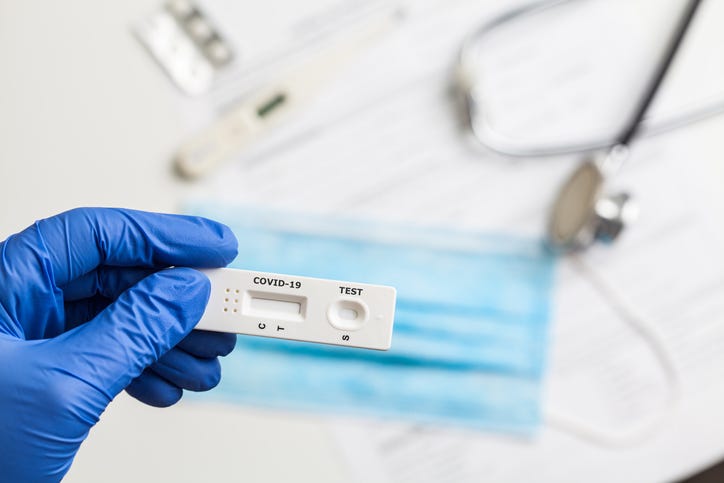
When is the pandemic going to end? When will omicron stop being as much of a threat? These questions continue to be asked as we approach two years since COVID-19 was confirmed to be present in the U.S.
To dust off his magic ball and give his predictions on what could happen, Dr. Michael Osterholm joined News Talk 830 WCCO’s Chad Hartman.
When it comes to what doctors and scientists think will happen in the U.S., their predictions are based on what is happening and has happened in Europe and South Africa.
Osterholm shared that when looking at Europe, cases have started to climb while not near their peak levels, as restrictions have been rolled back.
One factor that Osterholm says is looked at when making comparisons is the vaccination rate, which is higher in Europe than in the U.S. Even still, the doctor noted that not every case of COVID-19 is as severe as it once was.
“There’s becoming an increasing disconnect between the number of cases reported and serious illness, hospitalizations, and death,” Osterholm said. “And we attribute a lot of that to the vaccine status.”
While the number of new COVID-19 cases is still going down in Minnesota and most areas across the country, Osterholm thinks we could see a resurgence ourselves.
“I think we could very well see some rebound effect in omicron over the next 30 days,” Osterholm said. “Again, not anywhere like it was in December or January.”
Part of the reason behind a possible rise in cases could come from the gaps in those who are vaccinated, Osterholm said, adding that “we could see the case numbers creep up and the deaths creep up.”
Beyond the next month, Osterholm can’t confidently predict what will happen, but he says that we need to continue to stay safe and make smart choices like getting vaccinated and boosted.
Dr. Gregory Poland of the Mayo Clinic also says it is too early to declare the pandemic over, telling WCCO's Paul and Jordana Show that if this were the beginning of the pandemic, we'd be very concerned.
"Because of our own emotional exhaustion and desire for this to be over, we're treating it like it's already over," Poland says. "Let me give this analogy. It's like we're running a four-lap race. We just finished the third lap, we can see around to what we think might be the finish line, and we we stop and declare victory. And that's my concern."
When it comes to getting boosted and studies that have come out about protection from infection dropping after four months, Osterholm shared he is also concerned.
“I am concerned about waning immunity,” the doctor said. “I don’t believe for a moment we can continue to boost our way out of this pandemic.”
However, when looking at the numbers, Osterholm still thinks that a third dose is critical for protection.
“I will tell anyone right now who is saying, ‘I am not going to get it because of waning immunity.’ Look,” Osterholm said. “For four or five months or more, getting 75% to 80% protection against hospitalization. Man, what a deal. That’s as good as it gets.”
LISTEN on the Audacy App
Sign Up and Follow Audacy
Facebook | Twitter | Instagram

